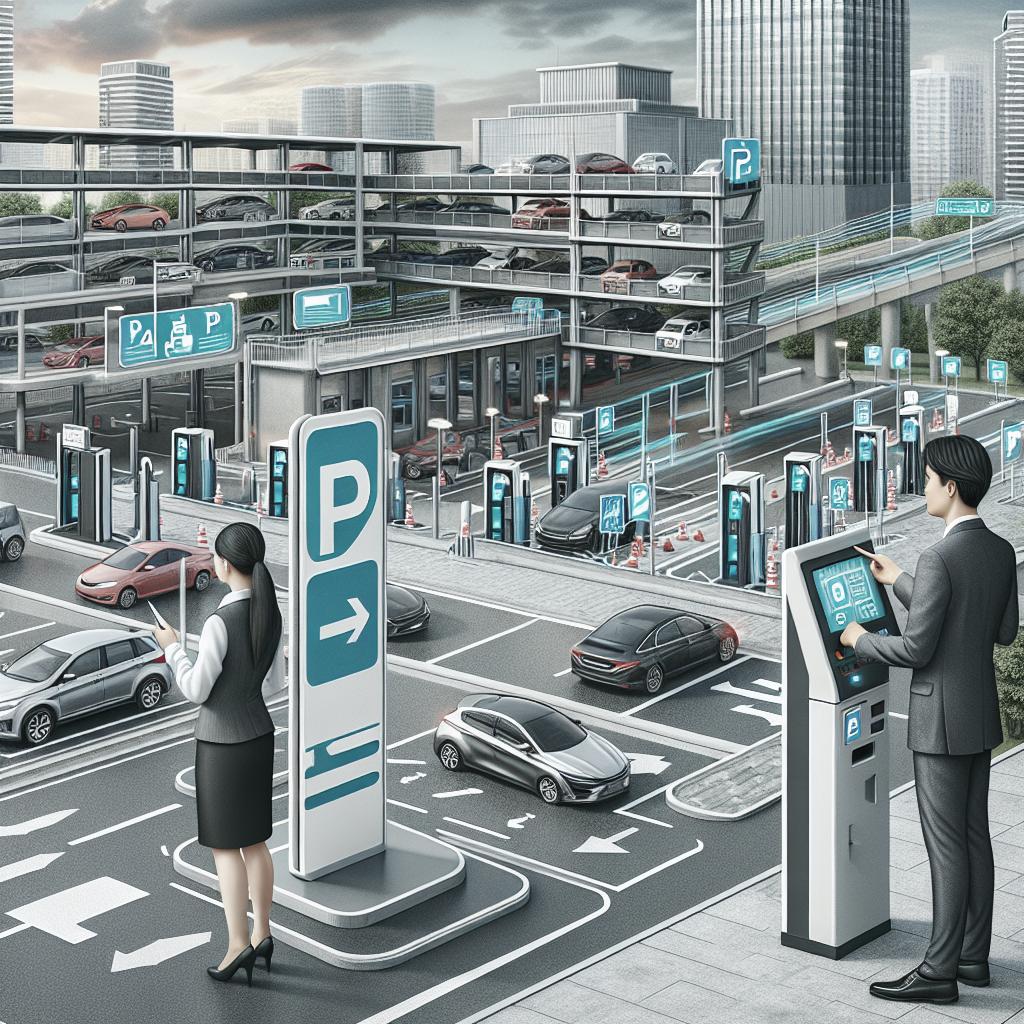“`html
Parking management may not be the first thing that comes to mind when thinking about urban planning, but its impact on a community is enormous. Efficient parking management practices contribute to the overall livability of an area, reducing traffic, improving safety, and even enhancing local economies. In this article, we explore why effective parking management is crucial, examine the elements involved in successful parking strategies, and highlight that achieving optimal parking workflows is not just a pipe dream but an achievable goal.
Share
Understanding how effective parking management affects urban dynamism means thinking about its broader implications, from easing traffic congestion to revitalizing economic activities. It’s a matter of public interest and awareness, and by sharing insights, the general public and policy makers alike can make informed decisions that lead to more livable cities.
While parking might seem like a mundane topic, sharing knowledge on efficient management practices can serve as a catalyst for other improvements, including better public transportation systems and more bike-friendly infrastructure. Through collaborative efforts and shared resources, communities can come together to solve common issues related to parking.
Parking: a seemingly small factor, but with a big impact on livability
At first glance, parking appears to be a straightforward aspect of urban planning, but it plays a significant role in shaping a community’s quality of life. Poor parking management can lead to a myriad of problems, including increased traffic congestion, air pollution, and decreased safety for both drivers and pedestrians. When drivers struggle to find parking, all areas of urban living are negatively impacted.
Conversely, well-managed parking systems contribute significantly to a city’s overall functionality. They reduce traffic, lower greenhouse gas emissions by minimizing the time cars spend idling, and encourage more efficient land use. Beyond their environmental impact, these systems can also invigorate commercial areas by providing convenient access for shoppers and visitors, thereby bolstering local economies.
A recipe for parking-success
Creating a successful parking management plan involves a multifaceted approach. Key elements include data collection, dynamic policy frameworks, and the incorporation of advanced technology. Data plays a crucial role in understanding parking demand, utilization rates, and identifying areas requiring improvements. Sensors and cameras can be utilized to collect real-time data, leading to better decision-making and more efficient use of parking spaces.
Dynamic policies are also essential. These might include variable pricing based on demand, time restrictions, and dedicated parking zones for specific uses such as loading or electric vehicles. Employing cutting-edge technology, from mobile apps that help users locate parking to automated ticketing systems, further enhances efficiency and user experience. Ultimately, the success of parking management hinges on a tailored strategy that addresses the unique needs and challenges of each area.
An achievable goal
While the intricacies of parking management might seem daunting, achieving an effective system is far from unattainable. It requires community involvement, political will, and a willingness to adopt innovative solutions. Pilot programs and smaller-scale implementations can serve as testing grounds, allowing stakeholders to assess effectiveness and make necessary adjustments before wider deployment.
Moreover, international case studies provide a plethora of best practices that can be adapted and implemented locally. From Copenhagen’s bike-friendly policies to Singapore’s electronic road pricing systems, there are numerous examples of how cities worldwide have tackled parking and traffic challenges successfully. By learning from these examples and engaging in continuous improvement, any community can meet its parking management goals.
Summary of main points
| Section | Content |
|---|---|
| Share | Sharing insights on parking management helps the public and policymakers make informed decisions leading to more livable cities. |
| Parking: a seemingly small factor, but with a big impact on livability | An effective parking management system reduces traffic congestion, lowers emissions, and boosts local economies. |
| A recipe for parking-success | Successful parking management requires data collection, dynamic policies, and advanced technology to address unique area needs. |
| An achievable goal | Efficient parking management is achievable through community involvement, political will, and learning from international best practices. |
“`


